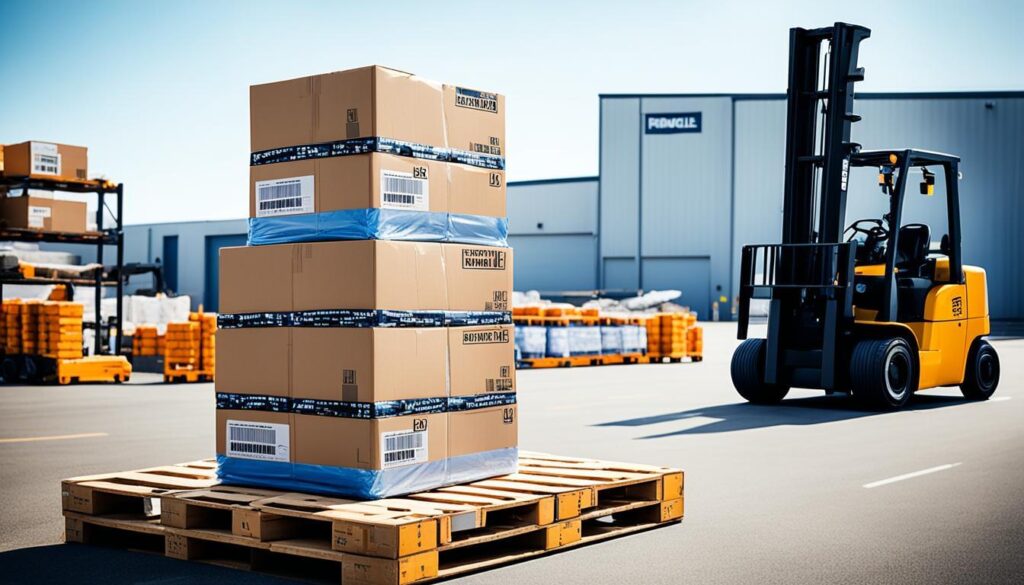Post Shipment Formalities
Home > Services > Post Shipment Formalities
Post Shipment Formalities in India
Key Services provided by Rashmi Shipping Agency for Post-Shipment Formalities in India:
By managing the post-shipment formalities effectively, we ensure that client meet legal requirements, receive payment promptly, and maintain smooth operations for their business. Post-shipment formalities refer to the activities and processes that occur after goods have been dispatched and shipped to their destination. These formalities are essential for completing the export process and ensuring compliance with both Indian regulations and those of the destination country. Here are the key post-shipment formalities services provided in India :

Customs Clearance at the Port of Destination
- Once goods are shipped, they must go through customs clearance at the destination port. While this is technically a post-shipment process, the exporter needs to ensure all documents are in order.
- The freight forwarder or clearing agent assists with the customs documentation, ensuring that all import duties, taxes, and levies are paid, and the goods comply with the regulations of the destination country.
Export Documentation
After the goods have left India, various documents need to be handled to ensure the smooth receipt of payment and compliance with trade regulations:- Bill of Lading (BOL): A legal document that serves as proof of shipment and receipt of goods.
- Commercial Invoice: A document from the exporter detailing the value of the goods, which is used for customs purposes in the importing country.
- Packing List: Details the contents of each package, often required by customs authorities.
- Certificate of Origin (COO): Certifies the origin of the goods and is necessary for certain customs procedures and tariff classifications.
- Insurance Certificate: Proves that insurance coverage is in place for the goods while in transit.
- Export Declaration: The Indian exporter must submit an export declaration to the Customs Department of India for the export shipment.
Receipt of Payment
- One of the critical post-shipment tasks is ensuring that payment is received from the buyer in the destination country. Depending on the payment terms (like Letter of Credit, Advance Payment, or Open Account), the exporter must ensure that payment is processed and received.
- Bank Services: Post-shipment financing or documentary collection can be arranged by banks to facilitate payment receipt from foreign buyers.
Post-Shipment Financing
- Post-shipment financing involves providing credit or loans to exporters after the goods have been shipped. This is often required when the exporter has already delivered the goods but has not yet received payment from the buyer.
- Banks and financial institutions in India offer financing options such as:
- Export Bills Financing
- Pre-shipment and Post-shipment Credit: The Export Credit Guarantee Corporation of India (ECGC) offers schemes to provide financial support and insurance to exporters during the post-shipment stage.
Export Incentives and Duty Drawback Claims
- Duty Drawback: Exporters in India can claim a refund of customs duties paid on imported goods used for producing exported goods. After the shipment, exporters can apply for Duty Drawback through the Indian Customs Department.
- Export Incentives: The Indian government provides various export incentives and schemes to promote export activities. Some of these incentives may include:
- Merchandise Exports from India Scheme (MEIS)
- Service Exports from India Scheme (SEIS)
- Interest Equalization Scheme
Goods in Transit Insurance Claims
- In case of damage or loss during transit, exporters may need to claim insurance from the insurance provider.
- The Insurance Certificate (mentioned earlier) is needed to start the claims process.
Shipment Tracking and Follow-up
- Exporters must track the shipment to ensure it reaches the destination without issues.
- Freight forwarders or logistics service providers often provide tracking systems, allowing the exporter to monitor the progress of the shipment and take necessary actions if there are delays or issues.
Handling Discrepancies or Claims
- If there are discrepancies between the goods shipped and the goods received (such as damage, shortages, or quality issues), the exporter may need to handle claims with the buyer or shipping company.
- The exporter is responsible for resolving these issues by referring to the terms of sale and working with insurers or freight companies.
Warehousing and Distribution at the Destination
- Some exporters may also engage in warehousing services at the destination for the storage of goods until they are sold or distributed.
- This may involve third-party logistics (3PL) providers or warehousing compan
